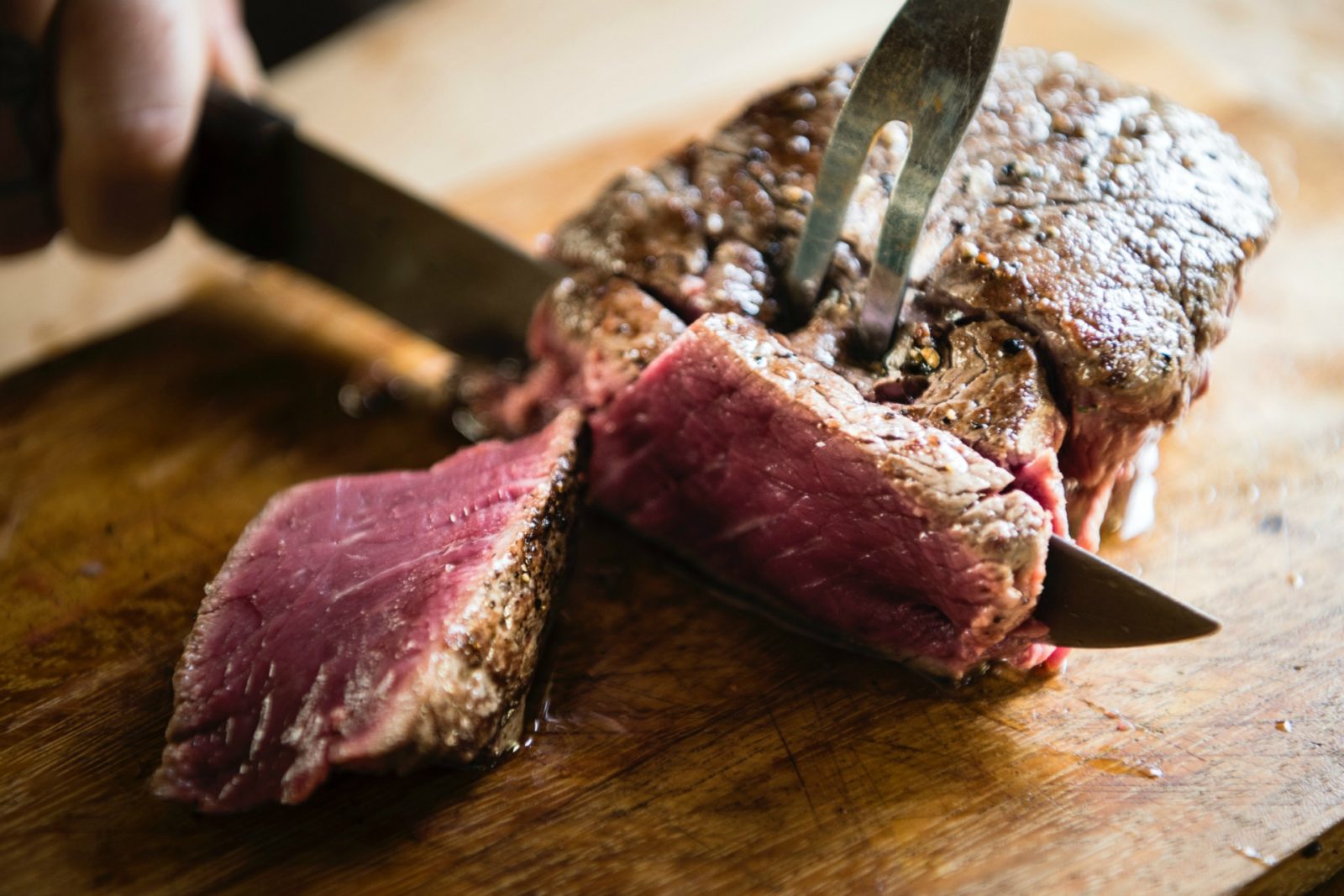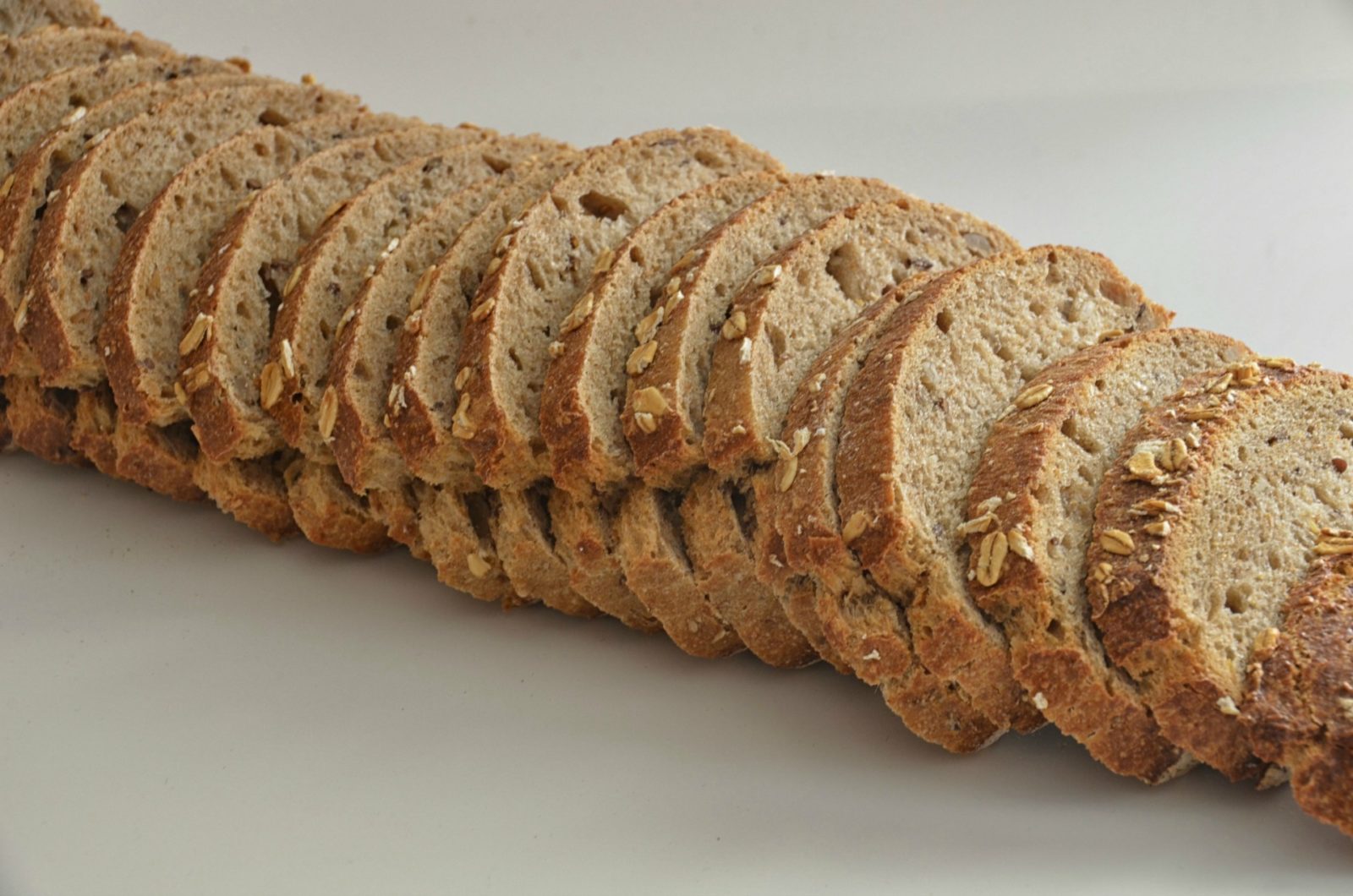The essential vitamins and nutrients over-60s need as they age

Our dietary requirements get a little more complicated as we age and it’s important we adjust our food intake to accommodate our body’s changing needs.
While the basics of what we need to eat stay the same, there are certain tweaks we should be making throughout our 60s and beyond to ensure we’re getting the vitamins and nutrients we need to give our body the best chance of ageing well.
Muscle strength, bone density and cognition all typically decrease with age, but fuelling our body with the right nutrients can help keep them stronger and healthier for longer – and in some cases prevent issues from arising in future.
Australian dietary guidelines recommend over-60s consume five serves of vegetables, two serves of fruit, at least four servings of grains, breads and high-fibre cereals, two servings of protein and four serves of dairy per day.
These foods contain many of the essential nutrients over-60s need to stay healthy as they age, but in cases where the required amount of nutrients can’t be met through diet alone, supplements may be needed.
Bone and muscle health
Our bones lose density as we age, making them more prone to breakage and putting our ability to remain active at risk.
Calcium and vitamin D are essential in keeping bones healthy and strong and ensuring people remain mobile in older age.
Vitamin D is naturally absorbed by our bodies through sunlight, but while our required daily dose of the vitamin increases with age, standing in the sun for extended lengths of time is not recommended. Instead, experts advise getting vitamin D through foods, such as mushrooms, liver and eggs, supplements and a limited amount of daily sun.
Those aged 51-70 require 10 micrograms of vitamin D daily, and that number rises to 15 micrograms daily for over-70s.
Calcium is also an important nutrient to help keep our bones strong, but as we age it can be difficult to achieve the daily required dose of 1,300mg through diet alone.
Read more: Avoiding the sun? Over-50s at risk of poor bone health due to lack of vitamin D
“Unless you’re having three to four serves of dairy food a day, it’s very hard to meet those calcium requirements,” Professor Manny Oakes, adjunct research professor in the school of health sciences at the University of South Australia, says.
While calcium is found in many types of food, including vegetables and some fish, it’s most efficiently absorbed into the body through dairy products. In cases where calcium and vitamin D needs cannot be met through food alone, doctors may advise taking a supplement to help keep your bones strong as you age.
Like our bones, our muscles also weaken with age. Experts recommend strength training to help keep muscles strong, but our diet also plays an essential role. Protein is the most important nutrient when it comes to maintaining muscle mass and over-60s should aim for at least one gram of protein per kilo of food. You’ll find protein in an array of plant and animal foods, such as lean meat, fish, legumes, dairy products, seeds, eggs and nuts.

Brain health
Vitamin B12 and iron are two of the most important nutrients when it comes to boosting brain health and delaying cognitive decline as we age. Vitamin B12 is found in many animal products including dairy, red meat, chicken and eggs and helps maintain healthy nerve cells and red blood cells throughout the body.
Iron can be found in red meat and leafy green vegetables, such as spinach, broccoli and beans, and improves the brain’s production of dopamine and serotonin, which are essential for a healthy brain.
Unfortunately, eating these foods can become a challenge as we age, especially for the elderly, who may not be able to chew or swallow tough foods like they once could.
“Often as people get older, particularly in the much older category where perhaps oral health isn’t as good, teeth aren’t functioning as well. Sometimes people don’t eat chicken, fish and meat because they’re too hard to chew,” Oakes says.
In these cases, supplements are often recommended to ensure daily nutritional needs are being met.
Read more: Eating to boost your brain health and delay cognitive decline

Bowel health
“As you get older, bowel function can be less effective and making sure you get enough fibre is critically important,” Oakes says.
Fibre is derived from grains, fruit and vegetables and helps keep our digestive system healthy and functioning. Women should consume 25 grams of fibre per day, while men should consume 30 grams.
Some high-fibre foods include pears, almonds, artichokes, chia seeds, oats, split peas and avocados, all of which can easily be incorporated into your daily diet. Oakes also suggests foods such as prunes and dates to stimulate the bowel and keep you regular.

While it may seem easy to get your required daily nutrients through supplements rather than dietary modification, it’s not something experts recommend.
“It’s important to avoid taking a whole bunch of pills and potions because sometimes supplements can interfere with medications,” Noakes says. “That’s why it’s also important to be connected to your GP and ensure they’re aware of any supplements you’re taking.”








 Proudly Australian owned and operated
Proudly Australian owned and operated